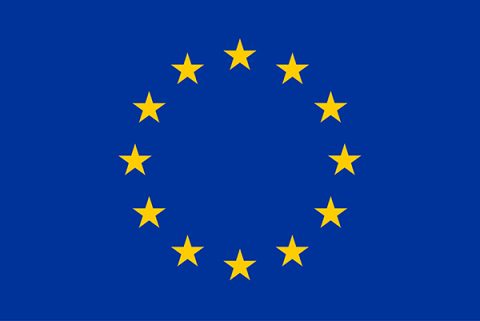“TECNALIA works together with the energy value chain to establish energy transition technologies to be deployed in the medium and long term”
The energy system is rapidly evolving towards a descarbonised system, which must continue to supply energy with the required quality and safety.
TECNALIA is working on the energy planning of a novel thermal energy storage system, which would be charged when too much electricity is produced in the grid, or from renewable energy sources installed in the building. Energy planning is crucial when addressing the challenge of securing energy supply by meeting the necessary demand, at a minimum cost and with maximum economic, social and environmental benefits.
Using prospective modelling tools, TECNALIA builds and analyses alternative energy scenarios from local to regional scales, in which it assesses the potential for medium- and long-term deployment of new energy technologies and their energy, economic, social and environmental impacts.
The integration of different renewable generation sources, the electrification of energy, the deployment of electric vehicles, the integration of positive energy buildings or the change in the role of consumer to prosumers are just some of the needs that our energy system has to meet.
Electric vehicle deployment
The mass deployment of electric vehicles will drastically change the energy system. V2X (vehicle-to-everything) technologies enable bi-directional energy transfer between electric vehicles, the grid, homes or buildings, turning electric vehicles into important energy storage systems.
A multi-level modelling study based on scenario analysis has enabled TECNALIA to develop a methodology for creating mass deployment strategies for electric vehicles.
Another project called iDesignRES will provide electricity grid operators and public authorities with a set of open-source tools to help them plan and optimise the uptake of low or zero emission energy sources at regional, national and European level.
Urban transformation for climate neutrality
- NeutralPath will prove that Positive Clean Energy Districts (PCEDs), designed and implemented based on collaborative and citizen-centred approaches, can be cost-effective and viable solutions in order to transform cities to achieve climate neutrality.
- As part of this project, a tool called ENERKAD will be extended to allow energy diagnostics of buildings, as well as the generation and comparison of urban scenarios for their improvement in the medium and long term. The new version will develop and integrate energy modules and aspects of climate change adaptation, air quality and noise, which will enable the pre-configuration of a Digital Urban Twin.

The developments described above are being carried out in the framework of the ECHO, DRIVE2X, IDESIGNRES and NEUTRALPATH projects. These projects have received funding from the Horizon EU research and innovation programme under grant agreements 101096368, 101056934, 101095849 and 101096753.